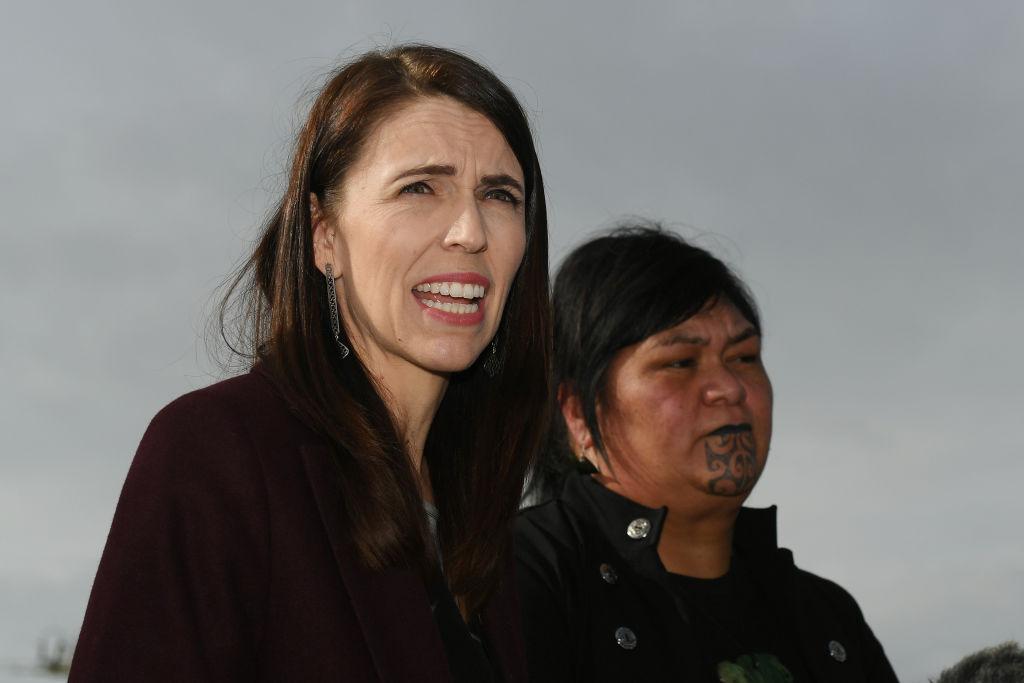UK politicians have responded with shock and sharp criticism for New Zealand’s (NZ) prime minister and foreign minister over remarks about the country’s stance on China and the Five Eyes alliance.
During the debate in the UK House of Commons about whether to declare the Chinese Communist Party’s (CCP) treatment of Uyghur Muslims a genocide, conservative MP Bob Seely described NZ as being in an “ethical mess” for being too soft on Beijing.





